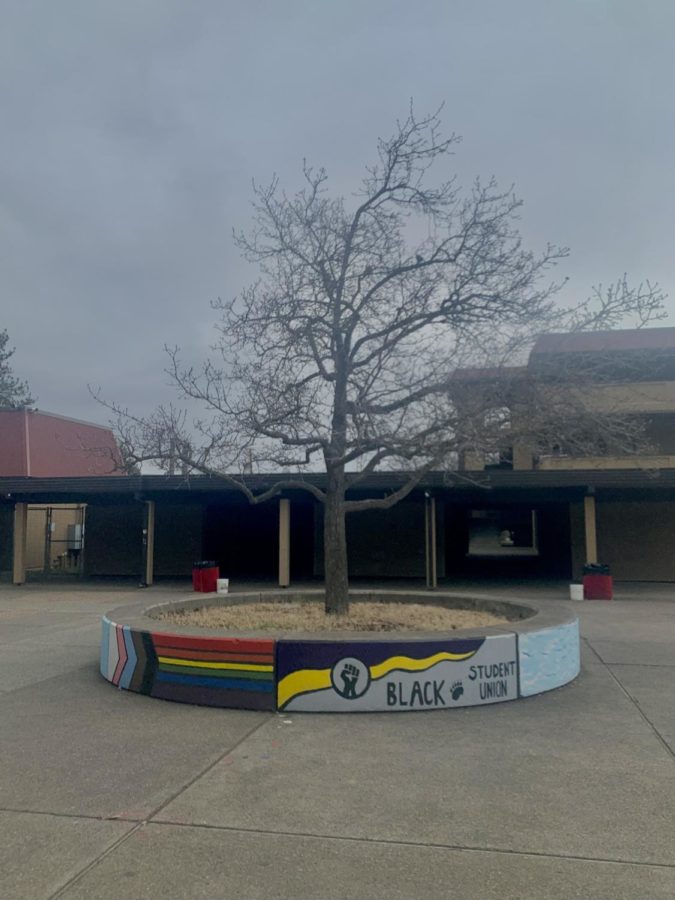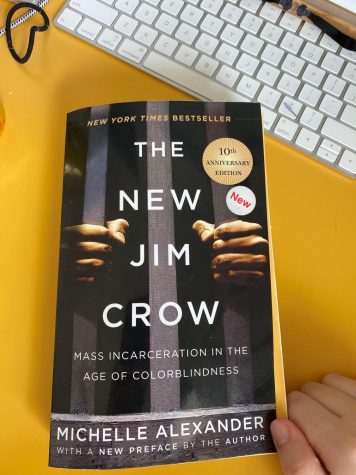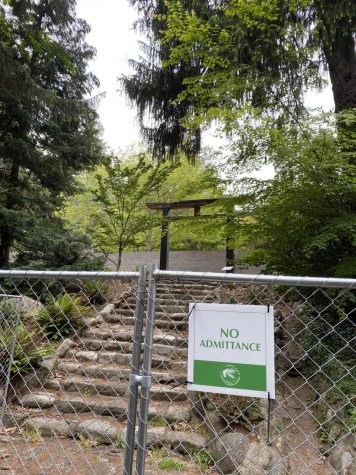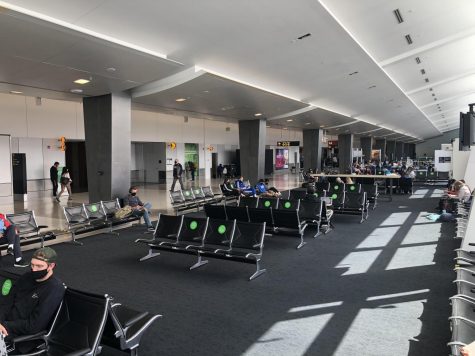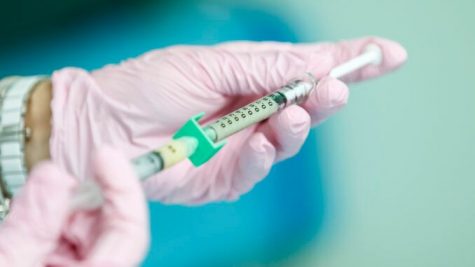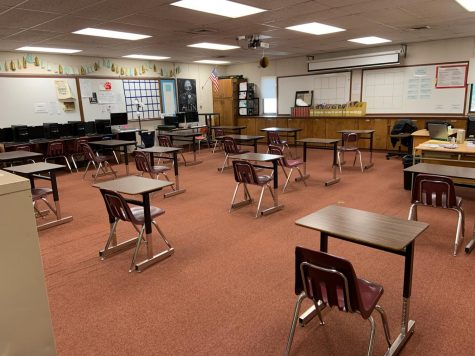ASD Subject of Federal Civil Rights Complaint
On January 3, 2023, Ashland School District was the subject of a federal civil rights complaint to the US Department of Education on the basis of discrimination based on race, color, or national origin in programs or activities that receive Federal financial assistance. The complaint was filed by a family rights education group based in Virginia called Parents Defending Education, who claim that student affinity groups are exclusionary and therefore in violation of the law. As evidence, PDE presented the AHS website page that lists all of the school’s affinity groups, when and where they meet, their faculty advisors, and their mission statements. The list includes race-centered groups such as Black Student Union and Asian Student Union, but also others, like Women’s Affinity Group and Queer-Straight Alliance. The second piece of evidence is a similar list from Ashland Middle School’s webpage, and the third and fourth are online job listings for Elementary Student Affinity Group Advisors.
PDE filed similar complaints against Portland Public Schools in Maine and Shelburne Community School in Vermont. Their website makes their mission as a non-profit clear: “to reclaim our schools from activists imposing harmful agendas.” They published a video stating that “in K-12 schools today, activists are pushing a radical new agenda. Instead of creating educated individuals, they are trying to create activists; turning blank slates into members of racial, ethnic, or gender groups in conflict with each other.” Furthermore, PDE claims that “political indoctrination” by activists in the classroom is a problem in America. The website includes an “IndoctriNation” map, where a visitor can click on a school district anywhere in the country and see how many “incidents” have occurred in the area. The map asserts that ASD has six incidents, though it remains unclear what the incidents are.
According to PDE, affinity groups, although not part of school curriculum, encourage this “political indoctrination” and are exclusionary. “These groups encourage students to go into an identity group and exclude students who do not fit that,” said Nicole Neily, PDE’s president, when speaking with the Daily Caller News Foundation. “Districts can dress up these programs however they want – be it under the guise of ‘healing circles,’ ‘affinity groups,’ or ‘community circles’ – but at the end of the day, they’re merely putting lipstick on a pig.”
The purpose of affinity groups in Ashland School District is to bring together people of similar identities, and they are advertised as such. However, there is no rule preventing someone from joining an affinity group with which they do not identify. Parker Greaves, co-president of the AHS Women’s Affinity Group and active member of the social justice scene at AHS, talked to Rogue News staff about the topic. When asked how she felt about the complaint, Greaves gave a thumbs-down. “Most of our affinity groups have members that aren’t part of the named identity. Quite literally, QSA has queer-straight alliance in the name, and there’s nothing stopping a white person from being in Black Student Union. At no point would anyone say, ‘you can’t be part of this group.’” She goes on to describe how Women’s Affinity Group has several male members who are there to learn about women’s experiences with sexism, and how inspiring it is that they’re willing to take that step.
Affinity groups are also not a new idea. First developing in the early 1960s in response to racial tensions and the American Civil Rights Movement, affinity groups have spread to businesses and schools over the years, growing in popularity especially since the mid-2000s. In a town like Ashland, where less than 10% of the population is anything other than white, they’ve given many students of color (or other marginalized identities) a safe place to express themselves. “There’s something very special about being in a room full of people that have similar experiences to you when you exist in a world that makes you feel like you’re the odd one out,” Greaves says. “Being with people who have stories that match up to your own is helpful because it makes you realize that you’re not alone.”

